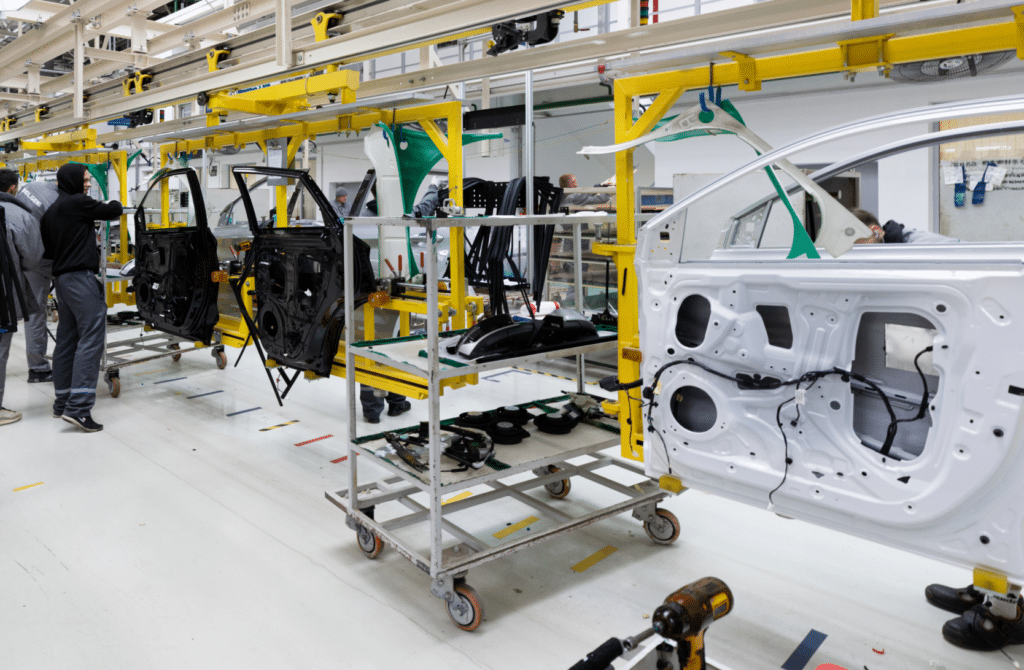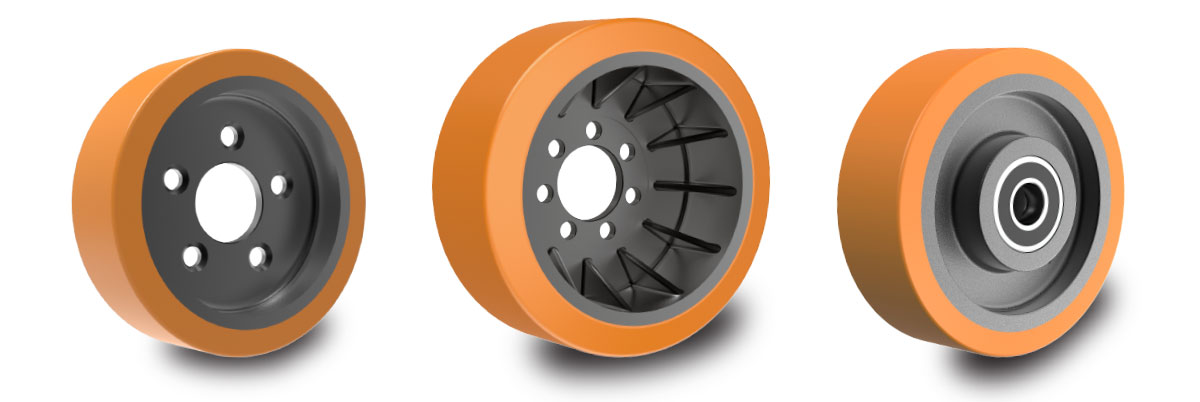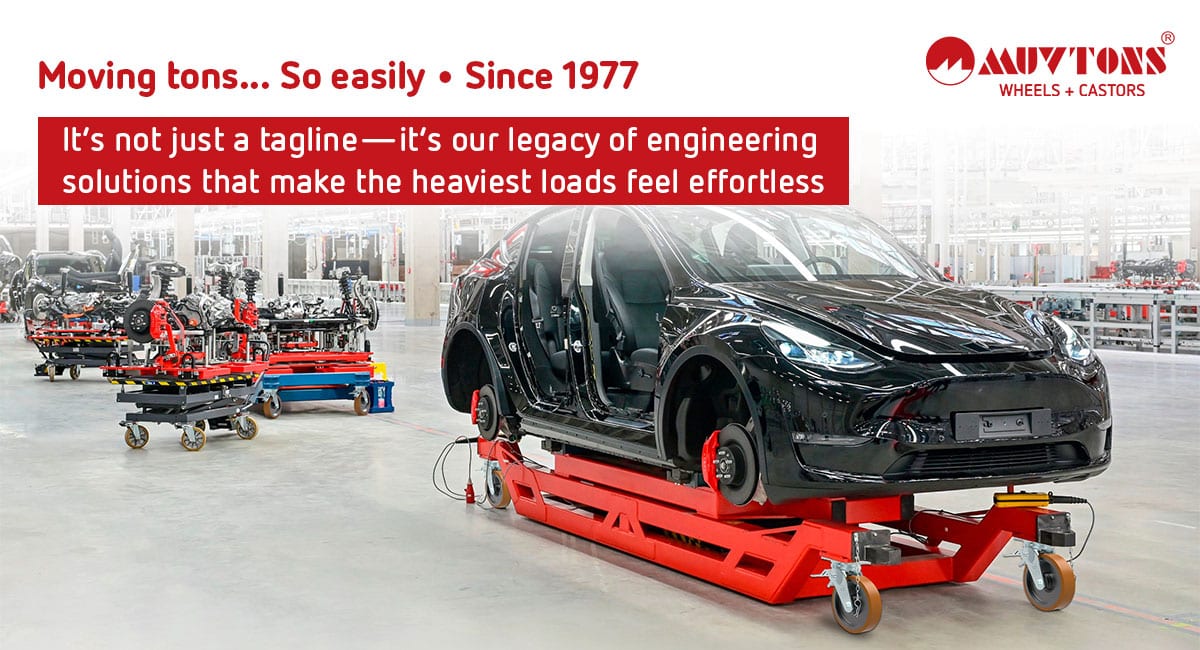Blogs and resources
Blogs and resources
Resources
What is Castor ?
The first and most important question that comes to mind is, “What is a castor?” Let’s explore this
A castor is made of two parts: the bracket that supports or holds the wheel and the wheel itself. It’s attached to the bottom of larger objects like carts or dollies, making it simple to move them around.
Castors are available in different wheel sizes, load capacities, tread widths, and heights, enhancing your equipment’s mobility in various work environments.
What is Castor ?
The first and most important question that comes to mind is, “What is a castor?” Let’s explore this
A castor is made of two parts: the bracket that supports or holds the wheel and the wheel itself. It’s attached to the bottom of larger objects like carts or dollies, making it simple to move them around.
Castors are available in different wheel sizes, load capacities, tread widths, and heights, enhancing your equipment’s mobility in various work environments.
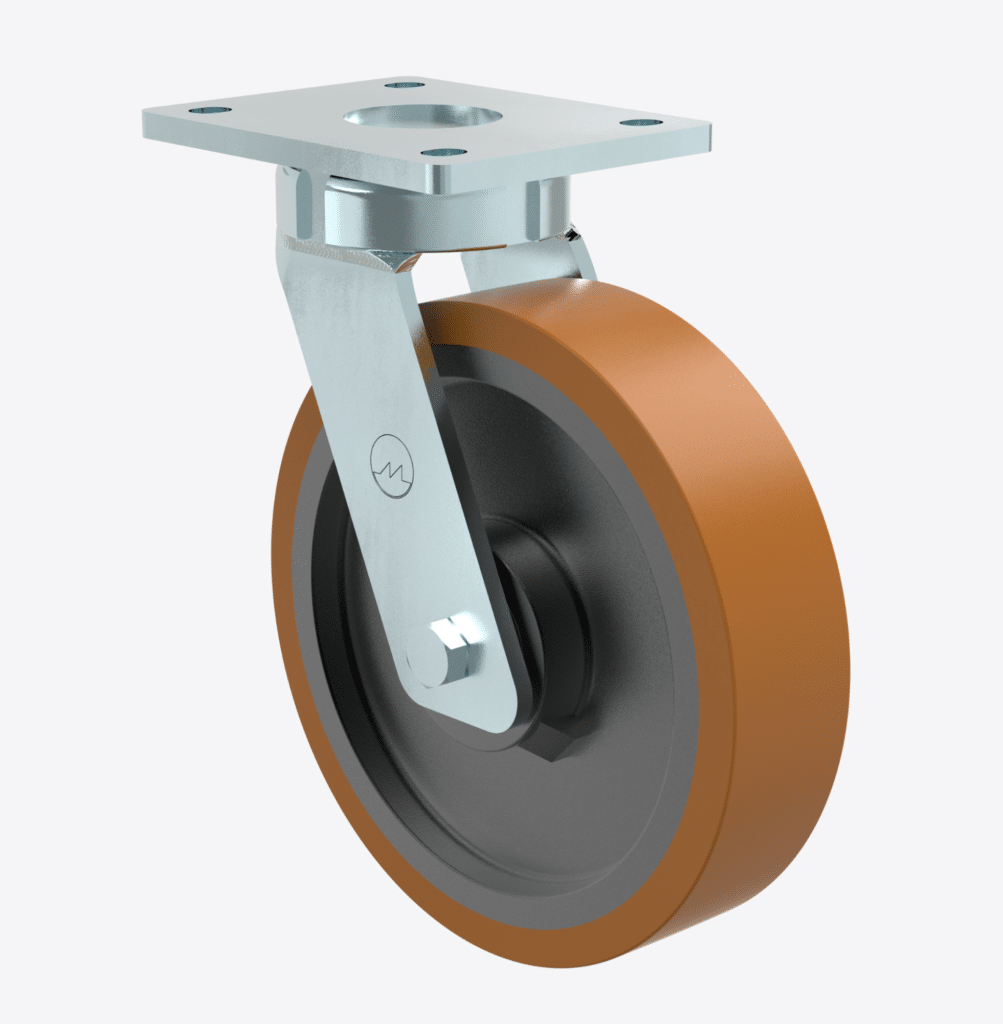
Want to know more about how to choose the right castor?
What are the types of Castors?
Swivel Castor
Swivel castors rotate 360° and can respond immediately to changes in direction. A swivel castor incorporates a wheel mounted to a fork, but an additional swivel joint above the fork allows the fork to freely rotate about 360. These castors swivel on ball bearings to keep the wheel turning even under heavy loads.
Highlights of Swivel Castor :
Able to swivel 360 degrees so they can move in any direction
Best suited for turning tight corners & in small spaces
Some come with swivel locks to make straight-line & long-distance travelling easier
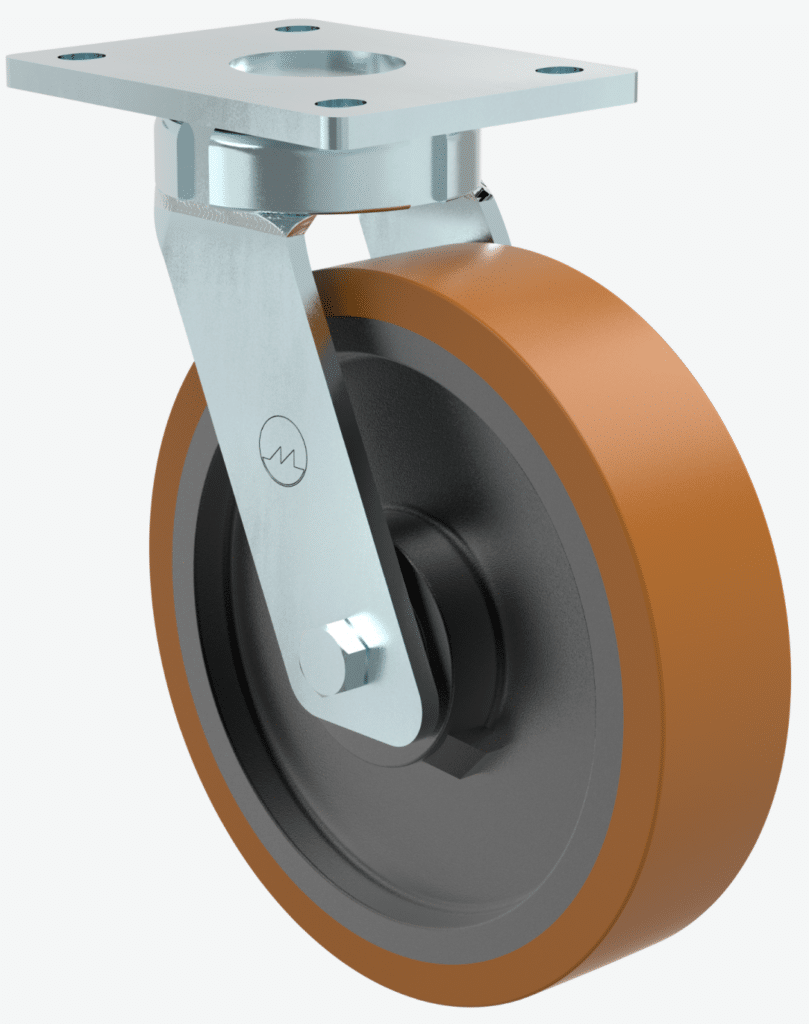
Rigid Castor
A rigid castor, also referred to as a fixed castor, is a wheel attached to a set of forks that doesn’t rotate or turn. Consequently, rigid castors are designed to move objects forward and backward in a straight line, but they cannot be used for steering.
Highlights of Rigid Castor :
Easier to control and no steering required
Ideal for moving materials in straight lines
Great for heavy loads
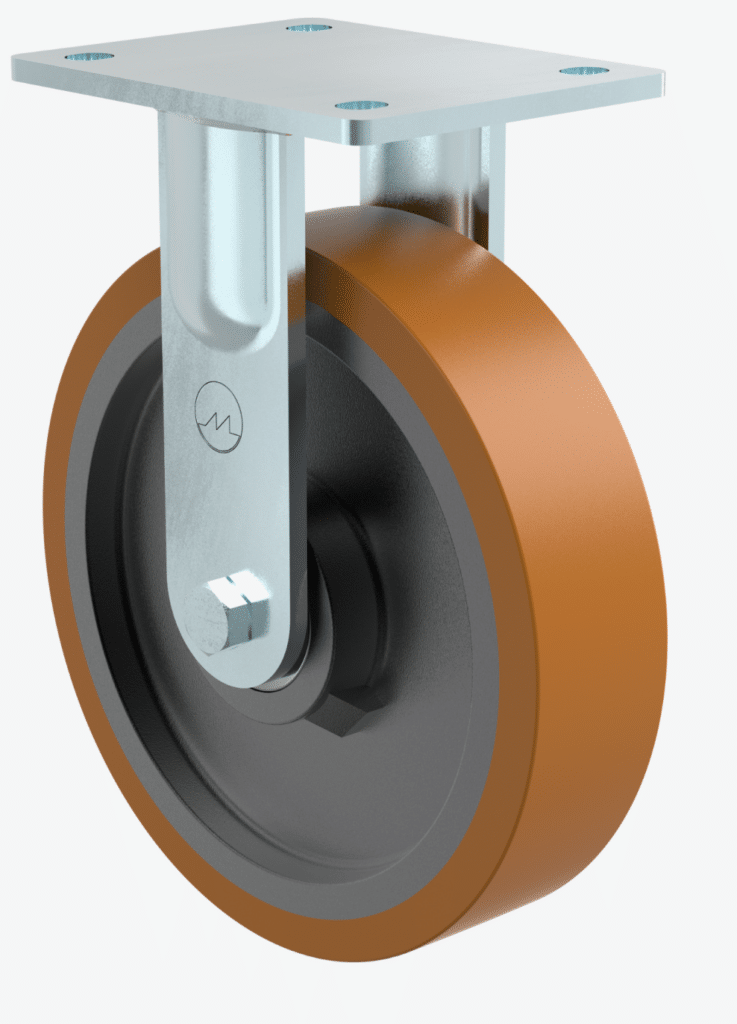
Want to know more about how to choose the right castor?
What is the difference between Castors and Wheels?
Many people might not be familiar with the word ‘castor,’ but when they see one, they often just call it a wheel.
But a castor is more than just a wheel.
In materials handling, automotive, textile or as in many other industries, when it comes to looking for a certain product, you have to be very specific in naming what you want. And knowing the correct name of the product is key there.
Want to know more about how to choose the right castor?
How are castors classified based on their load capacity?
Light-duty
It supports loads up to 250 kg
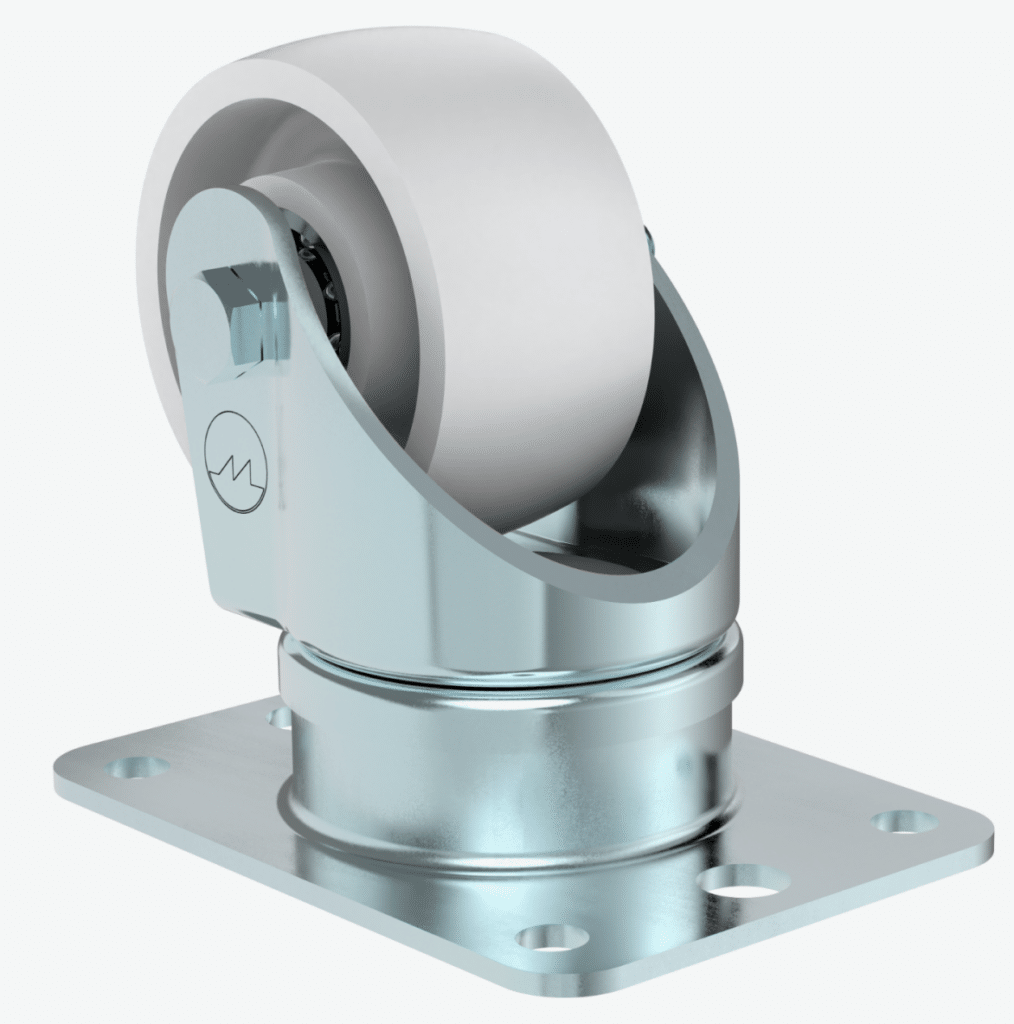
Medium-duty
These are suitable for weights ranging from 250 to 900 kg
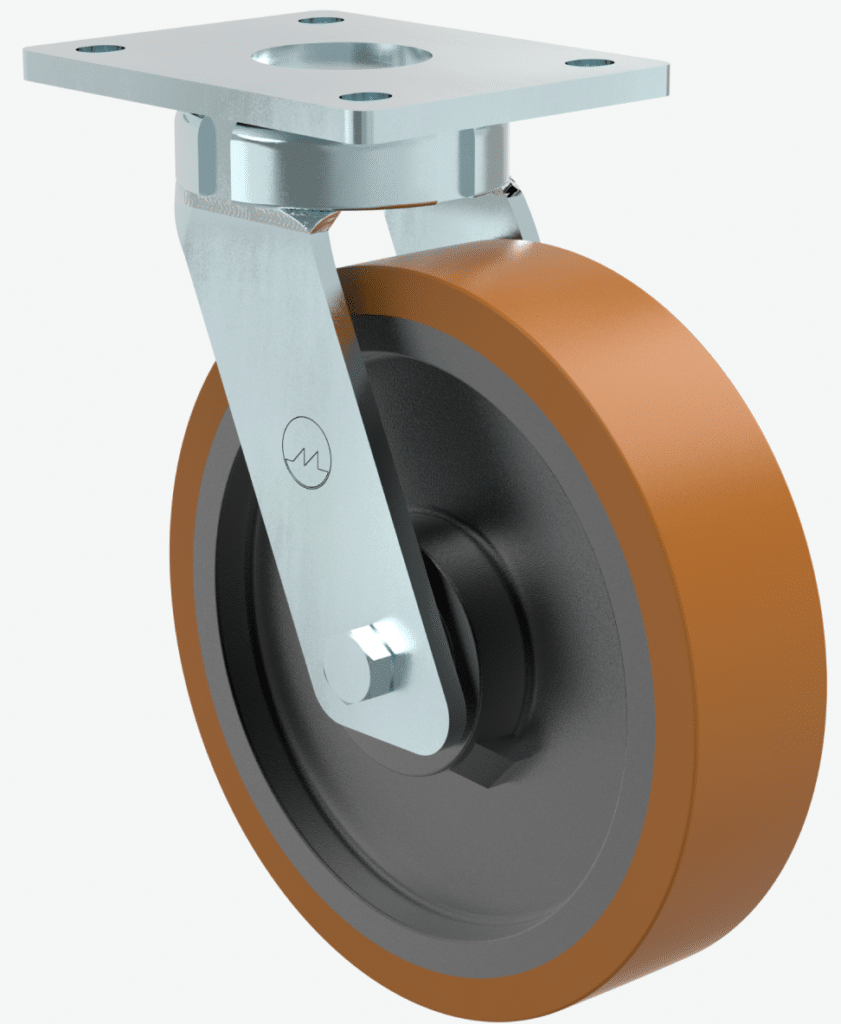
Heavy-duty
These are designed for loads exceeding 7500 kg
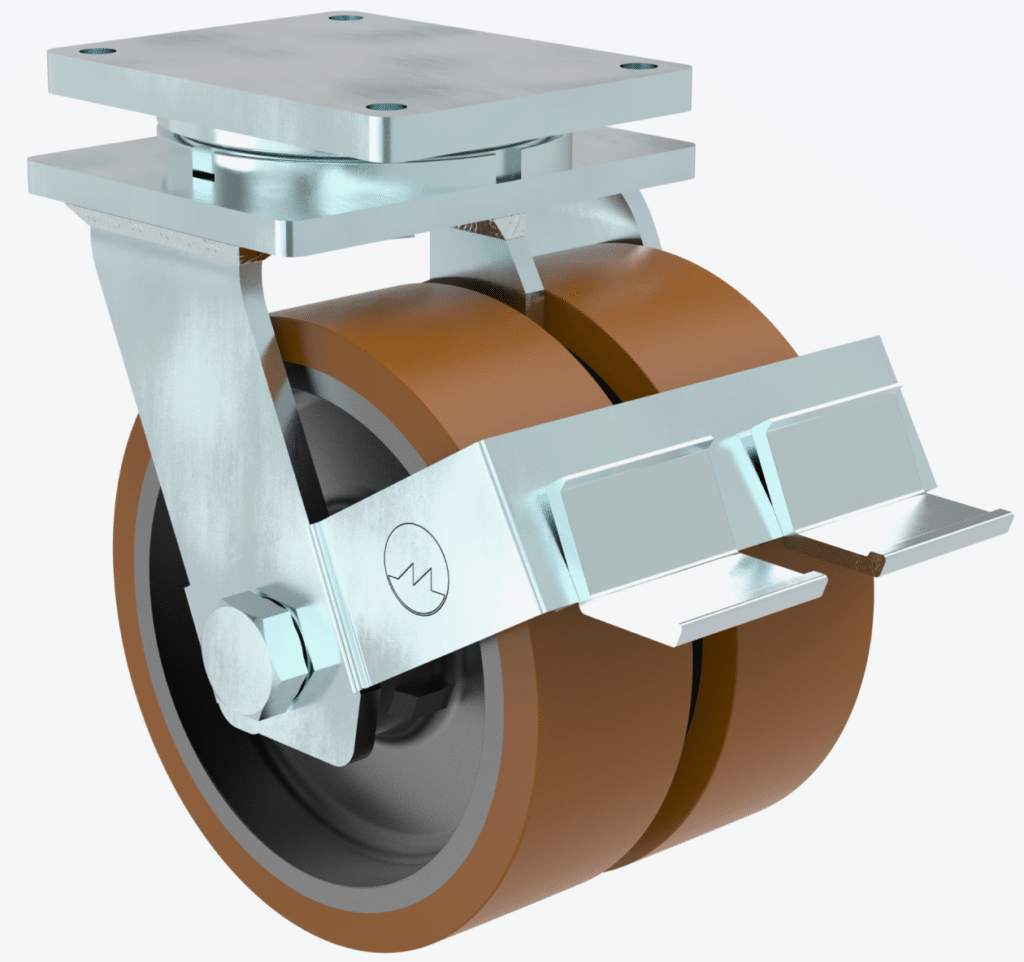
Want to know more about how to choose the right castor?
-
What is Castor?
-
What are the types of Castors?
-
What is the difference between Castors and Wheels?
-
How are castors classified based on their load capacity?
What is Castor ?
The first and most important question that comes to mind is, “What is a castor?” Let’s explore this
A castor is made of two parts: the bracket that supports or holds the wheel and the wheel itself. It’s attached to the bottom of larger objects like carts or dollies, making it simple to move them around.
Castors are available in different wheel sizes, load capacities, tread widths, and heights, enhancing your equipment’s mobility in various work environments.
What is Castor ?
The first and most important question that comes to mind is, “What is a castor?” Let’s explore this
A castor is made of two parts: the bracket that supports or holds the wheel and the wheel itself. It’s attached to the bottom of larger objects like carts or dollies, making it simple to move them around.
Castors are available in different wheel sizes, load capacities, tread widths, and heights, enhancing your equipment’s mobility in various work environments.

Want to know more about how to choose the right castor?
What are the types of Castors?
Swivel Castor
Swivel castors rotate 360° and can respond immediately to changes in direction. A swivel castor incorporates a wheel mounted to a fork, but an additional swivel joint above the fork allows the fork to freely rotate about 360. These castors swivel on ball bearings to keep the wheel turning even under heavy loads.
Highlights of Swivel Castor :
Able to swivel 360 degrees so they can move in any direction
Best suited for turning tight corners & in small spaces
Some come with swivel locks to make straight-line & long-distance travelling easier

Rigid Castor
A rigid castor, also referred to as a fixed castor, is a wheel attached to a set of forks that doesn’t rotate or turn. Consequently, rigid castors are designed to move objects forward and backward in a straight line, but they cannot be used for steering.
Highlights of Rigid Castor :
Easier to control and no steering required
Ideal for moving materials in straight lines
Great for heavy loads

Want to know more about how to choose the right castor?
What is the difference between Castors and Wheels?
Many people might not be familiar with the word ‘castor,’ but when they see one, they often just call it a wheel.
But a castor is more than just a wheel.
In materials handling, automotive, textile or as in many other industries, when it comes to looking for a certain product, you have to be very specific in naming what you want. And knowing the correct name of the product is key there.
Want to know more about how to choose the right castor?
How are castors classified based on their load capacity?
Light-duty
It supports loads up to 250 kg

Medium-duty
These are suitable for weights ranging from 250 to 900 kg

Heavy-duty
These are designed for loads exceeding 7500 kg

Want to know more about how to choose the right castor?
For More Product details, Download our Catalogues
Cleaning Machine Catalogue
Drive Wheel Catalogue
Industry Specific Catalogue
Muvtons Product Catalogue
Product Catalogue
Scaffolding Catalogue
Intralogistics Catalogue
Textile Industry Catalogue
U.S Catalogue
Blogs

Lorem ipsum dolor sit amet, consectetur adipiscing elit.
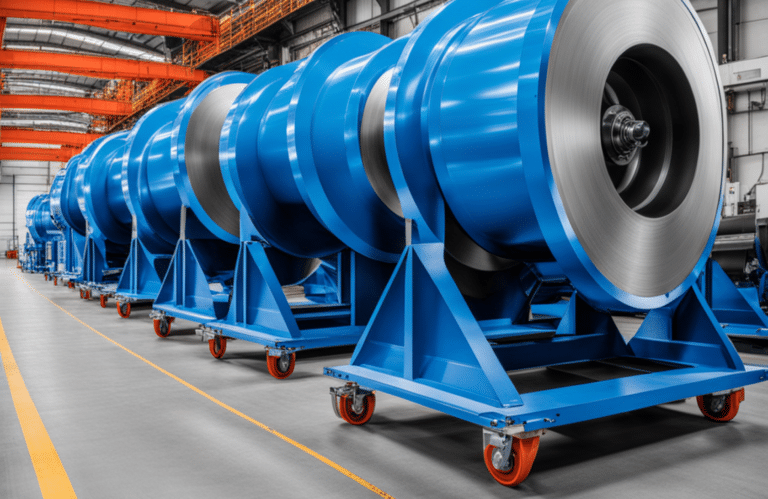
Lorem ipsum dolor sit amet, consectetur adipiscing elit.
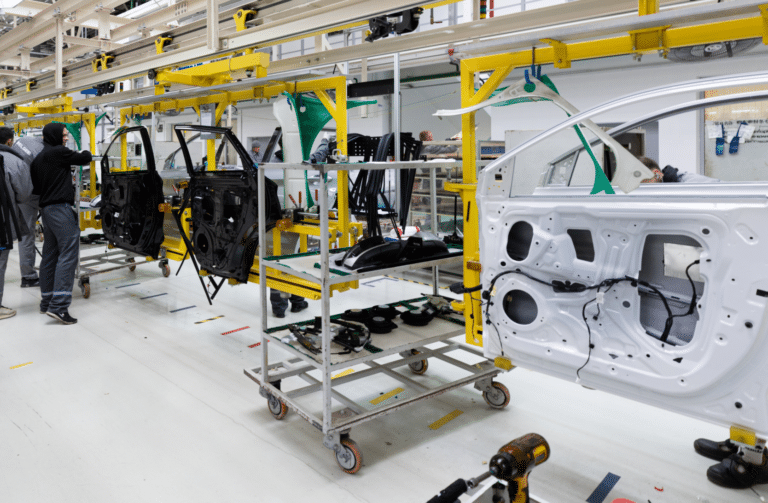
Lorem ipsum dolor sit amet, consectetur adipiscing elit.

6 May , 2022
Lorem ipsum dolor sit amet, consectetur adipiscing elit.
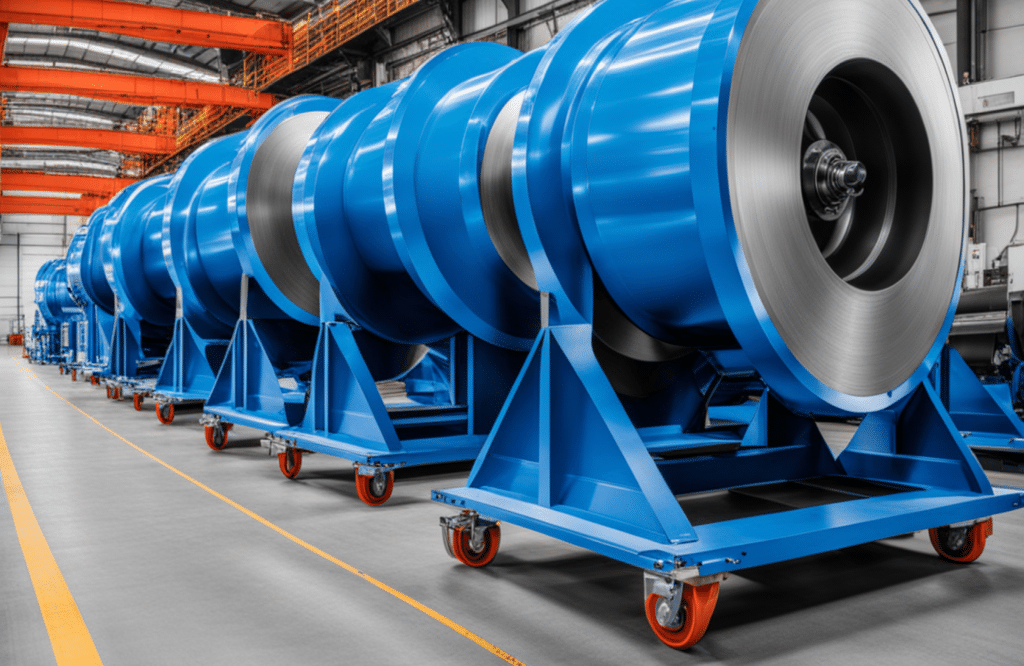
6 May , 2022
Lorem ipsum dolor sit amet, consectetur adipiscing elit.
